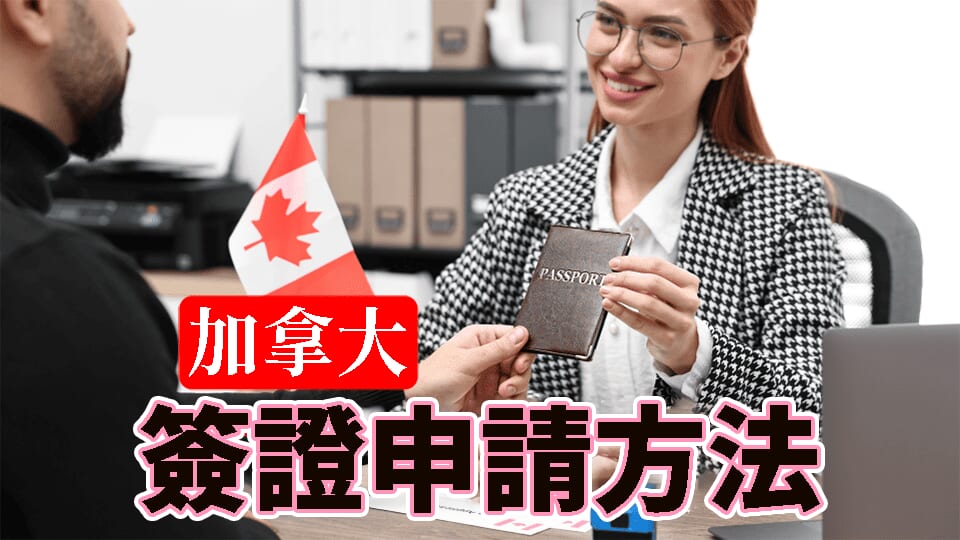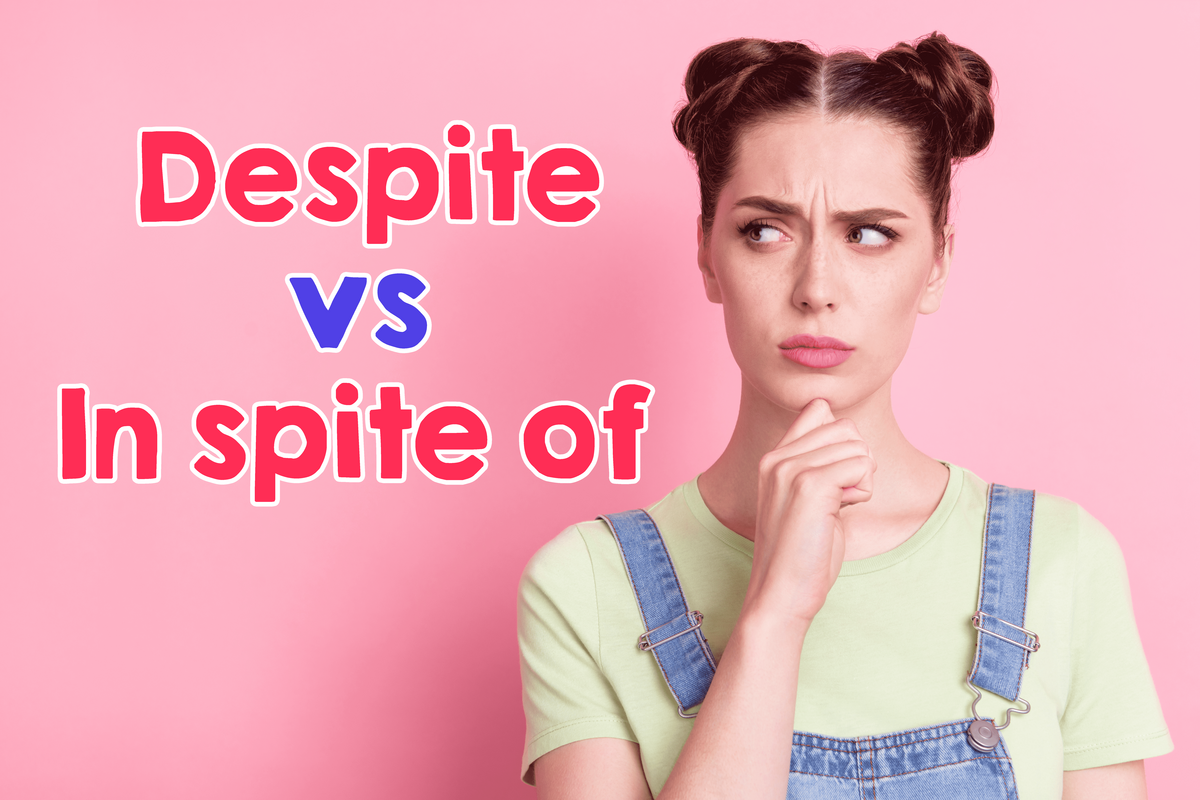是不是常常有機會被英文老師或身邊的人問到「今天過得如何」呢?
可能過的不錯,也可能不是很好,或者沒什麼特別好說的,回答方式可以有上百種。不過生活中難免遇上各種「尷尬」經驗,這時候,英文要怎麼說呢?
那今天就一起來看看,各種「尷尬」的英文說法吧!
目次
「尷尬」的相關單字
今天要介紹給各位的是三個常用來表示「尷尬」的英文單字:「awkward」、「uncomfortable」、和「embarrassed」。
這三個字意思上當然不會完全一樣,等下都會搭配例句來一起說明。
1.awkward
awkward可以解釋成「尷尬」、「不靈活」、「不好用」、「不方便」、或是「麻煩的」各種意思。
它可以算是最接近中文裡「尷尬」的單字,因為它除了表示情緒感受,還蘊含了當下的情境和氛圍。而發音上,記得它的重音在第一音節,字首的aw念起來有點介於[ɔ]和[ɑ]之間的音。
最簡單的句型就是直接講「That is awkward.」或「This is awkward.」 ,就是「真尷尬」,用在附和、幫腔對方說詞的時候很好用,有時候還可以更簡略說「Awkward」就好。
A:I ran into my ex at the mall. He was with my friend.
B:Oh, that’s awkward.
A:我去逛賣場的時候遇到前男友,他和我朋友在一起。
B:呃,真是太尷尬了。
run into:遇到,撞見
ex:之前的、前任對象。常常直接用Ex代稱。
ex-boyfriend 前男友 ex-girlfriend 前女友 ex-wife 前妻 ex-husband 前夫 ex-boss 前主管
mall:購物中心
A:My coworker has been calling me the wrong name. I don’t know if I should tell her.
B:That is awkward but I think you should tell her.
A:我的同事一直叫錯我名字,實在不知道要不要跟她說。
B:真尷尬,不過我覺得還是跟她講比較好。
coworker:同事
wrong:錯誤、錯誤的
除了現在式用法,也可以用過去式 「It was awkward.」,例如以下對話。
A:How did your first date go?
B:It was a little awkward at first but it went well, I think.
A:你們第一次約會還好嗎?
B:雖然剛開始有一點尷尬,但後來還算順利,至少我是這樣覺得。
How did ○○ go? 翻成中文就是「○○如何?」「○○還順利嗎?」。回答方式則可以說「 It went well.(還不錯/順利)」或是「 It didn’t go well.(不太順利)」 。
A:Look! She is wearing the same dress as you.
B:It is awkward. We should leave now.
A:你看!她和你穿同一件洋裝。
B:真尷尬,我們還是走吧!
如果是表達自己覺得尷尬,可以用feel awkward這個說法。
I didn’t know that there was a dress code. I was the only one wearing jeans! I felt so awkward.
我不知道有服裝規定,只有我一個人穿牛仔褲去,超尷尬的!
dress code:(參加聚會或是去高級餐廳的)服裝規定
I always feel awkward at family gatherings.
每次參加家庭聚會,我都覺得超尷尬的。
gathering:(非正式的)聚會
要注意的是,「I feel awkward.」和「I’m awkward.」意思可是完全不一樣。後句雖然文法上沒有錯誤,可是聽起來就會變成在說:我這個人本身很怪異、令人尷尬。
× I’m awkward.
我真是笨拙、怪異。(反而讓周圍的人尷尬起來了。)
○ I feel awkward.
真是尷尬。(表達自己的感受。)
人物+be動詞+awkward這種句型,特別常用來形容該對象「不靈活,不靈光」。
○ She is awkward.
她有點笨拙。
○ She feels awkward.
她覺得很尷尬。
He is awkward around me.
他在我身邊顯得很笨拙。
That person is awkward and weird.
那個人看起來不太靈光又怪怪的。
I’m awkward in front of a camera.
我在拍照時,總是看起來很笨拙。
awkward的其他例句
I was the first to arrive at the party and felt a little awkward.
我是第一個抵達派對現場的人,覺得有點不自在。
the first to arrive:第一個抵達
I always feel awkward when I’m alone with my sister-in-law.
每次和小姑獨處,都會讓我不太自在。
alone with:和~獨處
in-law:姻親關係的。mother-in-law婆婆/岳母 father-in-law公公/岳父 brother-in law姻親關係的兄弟(中文裡的大舅、小舅、姊夫、妹夫等等全部都算)
You might feel awkward calling people by their first name.
直接稱呼別人名諱可能會讓你覺得有點尷尬。
first name:名字。last name:姓氏。
This is an awkward situation we have got into.
我們陷入了一個窘境。
situation:情況
I felt awkward about leaving.
我對於要離開覺得有點尷尬。
Things are awkward between us.
我們之間有點尷尬。
以下再介紹一些和awkward常一起搭配使用的單字。
•awkward silence「令人尷尬的沉默」
silence是「安靜」、「沉默」,加上awkward當然就是「令人尷尬的沉默」了,
很適合用來形容讓人坐立難安、一片死寂的場面。
There was an awkward silence.
一陣令人尷尬的沉默。
We stared at each other in awkward silence.
我們在一片尷尬的沉默中,直盯著對方看。
stare:瞪、凝視
She finally broke the awkward silence.
她終於打破這片令人尷尬的沉默。
break the silence:打破沉默、開口說話
I felt the awkward silence and thought that I should say something.
為了打破這片尷尬的沉默,我覺得自己應該要說點什麼話。
•awkward moment和awkward pause
兩者中文都可以解釋成「令人尷尬的時刻」,常用在令人不自在,尷尬的場面。
It was an awkward moment for us.
對我們來說,當下真是尷尬。
The most awkward moment was when I met your parents the first time.
第一次去見你父母是我最尷尬的時候。
There was an awkward pause in the conversation.
在對話之中出現了令人尷尬的停頓。
He started a conversation after an awkward pause.
一陣短暫的尷尬之後,他開口說話了。
My brother is shy and socially awkward.
我弟弟很害羞,不擅長社交。
shy:害羞的
He is a socially awkward person.
他是一個有社交障礙的人。
②uncomfortable
uncomfortable是把comfortable(舒適的)加上否定形字首,變成「不舒服的」、「麻煩的」、「坐立難安」的意思。
可以用來形容生理上,也可以是心理上的不舒服。當在某種情境之下,讓人坐立難安、只想趕快離開現場,這種「尷尬」的時候就可以用。
「uncomfortable」在用法上和「awkward」一樣,That’s uncomfortable.(那真令人不舒服/尷尬。)It was uncomfortable.(過去式),用這些簡單的句型就可以完整表達意思了。
A:I didn’t realize I forgot my wallet until I got to the cashier.
B:That’s uncomfortable.
A:我走到櫃台要結帳的時候,才發現忘了帶錢包。
B:真尷尬。
wallet:錢包
cashier:收銀員
A:This restaurant is too fancy. I can’t even read the menu.
B:Yeah, it’s uncomfortable. I feel like we are out of place.
A:這間餐廳真是太高級了,我連菜單都看不太懂。
B:是啊!真尷尬。感覺我們好像跑錯地方了。
fancy:高級的、氣派的
out of place:(和環境)格格不入、跑錯場
uncomfortable的其他例句
There was a long and uncomfortable silence.
一陣長且令人不舒服的靜默。
She looked uncomfortable when her parents mentioned marriage.
當父母提到婚姻相關的話題時,她看起來不太自在。
mention:提及,說到
marriage:結婚
Stop it! You are making everyone uncomfortable.
停!你這樣讓大家都很不舒服。
I always feel uncomfortable around new people.
我在剛認識的人身邊都會覺得很不自在。
new people:剛認識的人、剛見面的人
還有另一個和「uncomfortable」很接近的單字叫做「uneasy」。uneasy也是表示「不自在」,帶有一種因為感到焦慮或恐懼,而無法放鬆下來的感覺。
I’m always uneasy with strangers.
我每次遇到陌生人都會不太自在。
stranger:陌生人
She has an uneasy relationship with her father.
她和她父親關係有點緊繃。
relationship:關係
③embarrassed
「embarrass」是「使人羞愧」、「使人感到尷尬」的動詞。
可以在「因丟臉而感到尷尬」或是「尷尬不知所措」的情況下使用。和「awkward」比較起來,「awkward」所代表的是整體尷尬的氛圍,而「embarrass」則偏向強調那份丟臉、羞恥的「感覺」。
這邊要特別比較一下它的不同變化型「embarrass」、「embarrassed」、「embarrassing」,用法也都不一樣。
•embarrass(他動詞)「讓~覺得羞愧」「讓~覺得尷尬」
句型上,使用「embarrass+人/物」來表示「讓 某人/物 蒙羞」「讓 某人/物 尷尬難堪」。
You always embarrass me.
你總是讓我難堪。
Meeting new people embarrasses me.
認識新的人讓我覺得很不自在。
You shouldn’t embarrass him with personal questions.
你不應該問他私人問題來讓他難堪。
personal:私人的
•embarrassed(形容詞)「感到羞愧的」「感到尷尬的」
「embarrassed」用來表示句子的主詞「感到羞愧」「感到尷尬」。要表達自己覺得很尷尬,就要用「embarrassed」。
I felt embarrassed.
我覺得很尷尬。
Don’t feel embarrassed to ask for help.
請別人幫忙不用覺得不好意思。
I was embarrassed about forgetting my best friend’s birthday.
我對於忘記最好的朋友的生日這件事,覺得非常不好意思。
•embarrassing(形容詞)「令人羞愧的」「令人尷尬的」
用「embarrassing」的話,則是表示句子的主詞「令人尷尬」。
It was embarrassing.
真令人尷尬。
It’s not embarrassing to ask for help.
尋求幫助並不丟臉
Forgetting your best friend’s birthday is embarrassing.
忘記你最好朋友的生日真是太丟臉了。
很多人容易搞混「embarrassed」和「embarrassing」,雖然兩者的句型看起來很像,但意思上完全不同,一定要小心。
× I’m embarrassing.
我真是丟臉。(我讓其他人感到丟臉。)
○ I’m embarrassed.
我覺得很丟臉。(形容自己的感覺。)
「I’m embarrassing.」這句話在文法上當然沒錯,不過類似「我這個人真是太丟臉,太沒用了」這種話還是太沉重了。
○ He is embarrassing.
他這個人真丟臉。(文法正確,但很沒禮貌。)
○ He is embarrassed.
他覺得很丟臉。
○ My parents are embarrassing.
我的父母真是讓人丟臉。(這也是很不好的說法,就算文法正確。)
○ My parents are embarrassed.
我的父母覺得很丟臉。
總結
以上就是今天所討論,有關「尷尬」的各種英文說法。如果可以在生活中,善用「真尷尬」這個口語化說法,一定對你的會話能力很有幫助。
在美國,不時就可以聽到「That was awkward.(真尷尬。)」或是「Awkward.(尷尬囉!)」,連電影或戲劇台詞裡也常常出現。
所以看完本文,一定要找個機會練習說「真尷尬」喔!



















